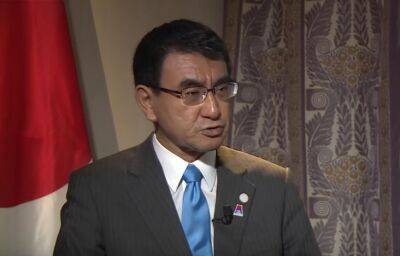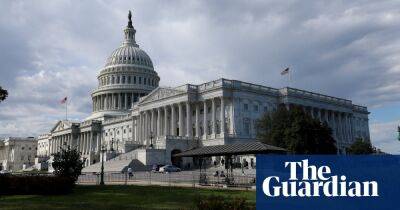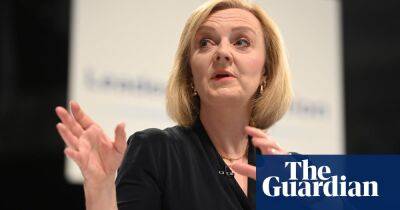If Liz Truss’s big idea really is to remodel monetary policy, expect markets to take fright
Liz Truss is into the last three and showing momentum, which is the point at which we should fret over the fate of the pound. Investors may be prepared to overlook loose talk about £30bn-worth of unfunded tax cuts – this a campaign, after all – but questioning the independence of the Bank of England is several grades more serious. That is the territory into which the foreign secretary veered at the weekend.
Or, at least, she seemed to do so. As well as supply-side reforms and getting public spending under control, Truss told the Sunday Telegraph she “would also have a very clear direction of travel on monetary policy”. The government should “look again” at the Bank’s mandate “to make sure it is tough enough on inflation”, she said.
One possible interpretation of those vague remarks says Truss is proposing greater autonomy for the Bank, not less, so that it can be harder on inflation in the manner of the pre-euro Bundesbank in Germany. But that is not the obvious reading.
A new “direction of travel” would seem to imply that the Treasury should have a say in interest-rate decisions, or should be able to tie the hands of policymakers by, say, ordering them to concentrate on measures such as money supply.
Such a reform would rip up the system that has been in place since 1997, when Gordon Brown gave the central bank independence to manage monetary policy to meet an inflation target of 2%. Any change would be a major political and economic event.
Given what is potentially at stake, it was good that Michael Saunders, an external member of the Bank’s monetary policy committee (MPC), took the bait and gave a strong defence of the current setup on Monday.
“The government very clearly does not set the direction of travel for monetary
Read more on theguardian.com





![Chainlink [LINK] traders can leverage this pattern’s break profitably - ambcrypto.com](https://finance-news.co/storage/thumbs_400/img/2022/8/13/37028_yji.jpg)

















